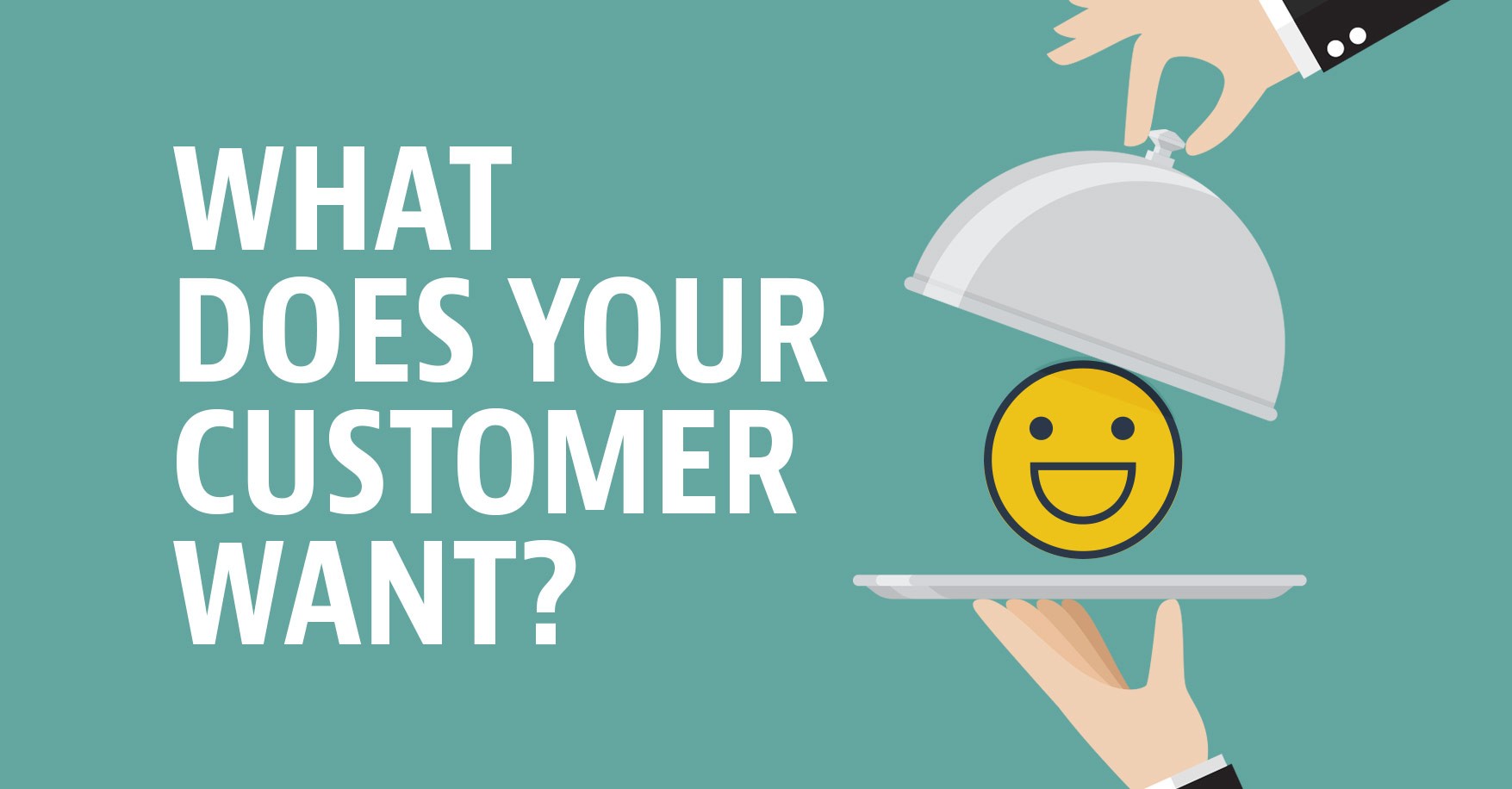The Economy of Experience Collides with the Economy of Convenience
The Economy of Experience Collides with the Economy of Convenience
by John Kennedy

There are three types of economies that exist in the world—Price, Convenience and Experience.
As the economy of America emerged from the last recession, we were focused on the “Price Economy.” Making my dollar last longer, focusing on expenses and spending, cutting back on wants and only buying needs, and we were willing to let a little of the niceties and customer service expectations go in exchange for a better price.
Customers expected more from each dollar they spent because the downturn during 2008-2012 taught them the value of each and every dollar. In fact, each dollar your customers now spend demands that they receive $1.25 in value. Some customers still shop in the “Price Economy” (commodity buying or frugal shoppers); however, many migrated to the “Experience Economy.”
As the economy continued to grow and expand during 2012-2020, our wants-based spending came back, our level of expectation in service changed, and our willingness to spend more for quality and experience was front and center. And garden centers that made the adjustments through training and setting higher standards have thrived…they transformed into the “Experience Economy.”
Many service-based businesses in most arenas adapted to the new normal, trained their staff accordingly and highlighted the new needs of the customers post “Great Recession”—A perfect product, delivered in a timely way, by caring, friendly people, with world-class problem-solving. Customizing our products to meet the customer’s new needs, offering niche services, bringing “lagniappe” (A French Creole term in New Orleans meaning you get a little extra) to the forefront so companies were able to separate and stand out with both their products and their services was key.
If you haven’t invested in these changes in expectations, you are well behind in the current market conditions we find ourselves in today.
During this same decade, the “Convenience Economy” emerged. Amazon, online purchasing, home delivery, e-commerce, and the omnipresent App! Even “curbside pickup” for orders placed online or by App were picking up steam during the run up to March, 2020 (think Cheesecake Factory, Chick-Fil-A, Starbucks).
Then came Covid-19: And everything changed!
What we are seeing now is a dramatic and immediate shift to the “Convenience Economy” based on CDC recommendations, social distancing, and health/safety guidelines that are set up to save lives and stop the spread. With these changes come a rapid adaption to the “Convenience Economy” and a latent expectation of an “Experience Economy.”
And where these two economies collide creates consumer conflict and complaints (fan of alliteration!)
What were concepts from the innovators and early adopters in business are now becoming common-place and expected for every business—we are all Amazon now!
That rapid shift has presented many hurdles for both the businesses and the customers. And where there are hurdles, there are hurt feelings. And those hurt feelings are being felt not only by the employees and their challenges each and every day with the “new now”, but with the customers too as they try to navigate the changes to the new way they are being FORCED to buy from businesses.
That rapid change, quick pivot, and new model for customer engagement has not been received well by every American. We have all unfortunately witnessed this on line or in person.
We are currently straddling the “Convenience Economy” and the “Experience Economy” where customers demand the convenience needed in the new now while at the same time demand the experience they were used to getting just a few months ago…while at the very same time companies struggle to completely overhaul their business model to meet the wants and needs of both government compliance and “grab & go” customers.
Quite frankly, a pretty big messy challenge all the way around… or a radical opportunity!
Patience and forgiveness are a tall order these days and most folks understand the pressures and strains being placed on businesses and their employees. Most folks are reasonable, understanding, flexible and forgiving…most.
We are seeing a spike in customer service-related issues and complaints, not only face to face at the business location, but online as well in the form of Google Reviews, Yelp, and Facebook. And the way to respond to these posting and problems says much more about your business than you may realize.
I have created a video series on dealing with difficult customers on my John Kennedy-On-Demand platform. You can find the video to share with your team here:
As for the social media and online reviews, responding to the comments/complaints is imperative. A comment that is not responded to is often times more harmful than the actual initial issue that occurred. Businesses would be well-served to have the right person addressing these comments quickly, concisely, without defense and with a grateful heart that you were given the chance to address it in a public forum for all to see.
Five Quick Tips for Responding to Online Comment--Good or Bad:
- Thank them for the feedback, no matter what. “We can’t fix what we don’t know!”
- If positive, ensure you applaud the customer for being a super fan of your business
- If negative, state facts only. No need to add insult to injury. Tell your side of the event so that the public forum is able to see both sides.
- Request that any further communication be taken off line for a resolution.
- Keep it brief and professional. Some business owners take this kind of feedback personally and their responses reflect it. No need to vent or add emotion to the issue.
- Always know that your comments are there forever…the internet does not forget!
I recently found a review from a restaurant that said “Don’t bother calling for take-out. They put you on hold and never come back.” If I was to read that, I might believe that this is the norm, or a busy place, or a tough moment in time for the restaurant, or many other sides to the story. Not until I read the response from the owner did, I get context and clarity.
Owner Response: “Sorry for the inconvenience. The server taking your order had a seizure while doing so and couldn’t process your order. When you showed up to receive your order, it was not ready, even though there was an ambulance in front of our restaurant tending emergency medical aid. We offered to complete your order at that time. I am sorry that you declined and chose to voice the unfortunate and unexpected incident in this public forum. I hope you are able to give us another chance to serve you in the near future.”
If your brand is based in core values of service, integrity, honesty, and responsiveness, and your website highlights testimonials and positive reviews, then your online and social presence should mirror that image and be an extension of your brand. So, ensure you have the right person writing your reviews to reflect your brand promises and brand identity.
The wrong person responding can send the wrong message and the “silent majority” might never show up at all. That’s Wrong!
In this challenging time of the “New Now,” balancing the “Convenience Economy” with the “Experience Economy” is tough enough as it is. No need to make it tougher on your business by having the social media millions see how you respond when the going gets tough.
Next month I will highlight my “Five Touches, Five Talents” program and help determine who is the best person for each role in the “new now”.
Look for a companion video to support this article next week!
Until then, be safe and be well.

Want to discuss a radical opportunity with John Kennedy? Call or email him!
John Kennedy
[email protected]
Cell: 443-605-7095
REMEMBER: Your interaction (by phone and email) with Group Service Providers such as John Kennedy, Robert Hendrickson, Steve Bailey, Sid Raisch and Jean Seawright, are included in your retainer!

